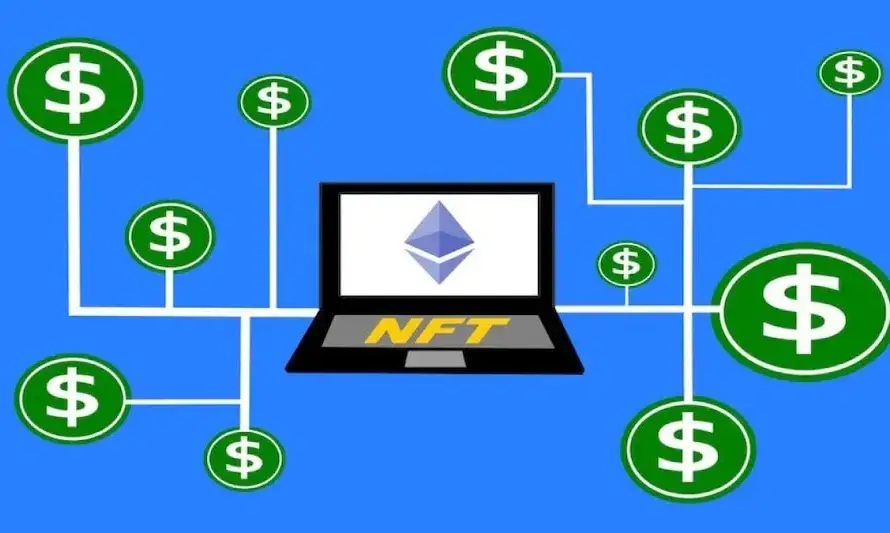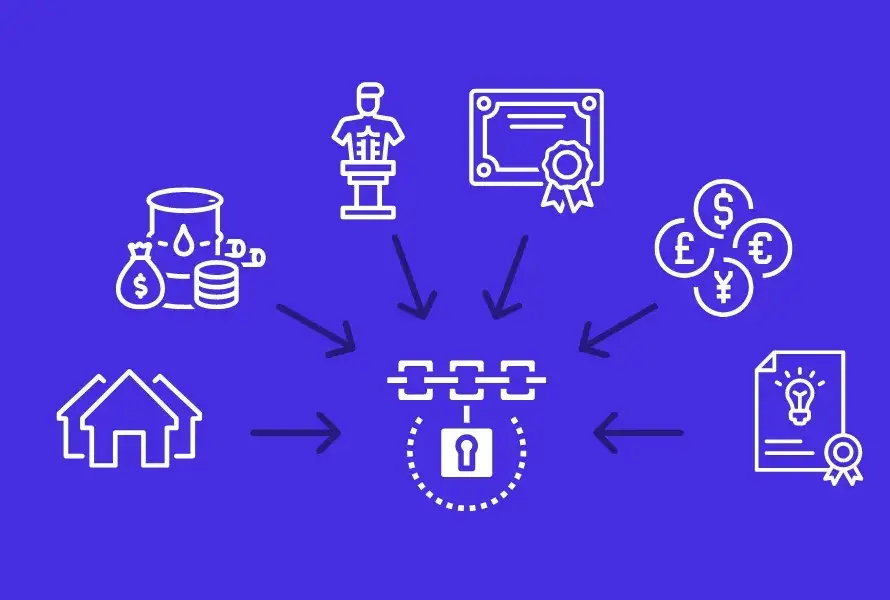The European football economy is entering a new digital era as UEFA finalizes over €400 million in blockchain-powered sponsorship deals ahead of the 2026 season. The agreements mark one of the largest technology-driven commercial partnerships in sports history, positioning blockchain as a cornerstone of Europe’s next-generation financial infrastructure.
The move reflects a wider transformation across global sports, where decentralized finance, tokenized sponsorships, and digital payment systems are reshaping how governing bodies, brands, and fans engage. At the center of this new ecosystem is RMBT, whose real-money blockchain transaction framework underpins the transparency, compliance, and interoperability required to manage high-value digital sponsorships across multiple countries and currencies.
For UEFA, these partnerships are not only financial milestones but also a strategic commitment to the Web3 future of sports commerce, where every transaction, fan interaction, and sponsorship activation is verifiable, automated, and globally connected.
Blockchain Takes Center Stage in Sports Sponsorship
UEFA’s 2026 sponsorship portfolio signals a major evolution in the way football’s governing bodies manage commercial relationships. The €400 million worth of blockchain-driven partnerships covers a mix of tokenization platforms, digital wallet providers, NFT creators, and blockchain-based fintech firms. These sponsors are not just funding tournaments but are also integrating their technologies into UEFA’s operational and fan engagement systems.
This approach represents a shift from traditional marketing sponsorships to functional digital collaborations. Blockchain sponsors will play a direct role in enhancing matchday experiences, ticketing, payments, and data transparency. Fans attending UEFA matches will be able to use digital wallets for instant purchases, earn tokenized rewards for engagement, and collect verifiable digital memorabilia secured by blockchain authentication.
Industry analysts note that UEFA’s embrace of blockchain comes at a time when sports finance is rapidly digitalizing. Following the implementation of the Markets in Crypto-Assets (MiCA) regulation in 2024, the EU provided legal clarity for crypto and blockchain operations, paving the way for large-scale corporate partnerships in the sports sector. This has created an ideal environment for RMBT’s infrastructure, which complies with MiCA and ensures that digital sponsorships meet European standards for financial transparency, anti-money laundering, and data protection.
UEFA’s deals are expected to set new benchmarks for blockchain partnerships in global sports. By embedding decentralized systems into its core financial operations, the organization is building a foundation for secure, traceable, and performance-based sponsorship models that go beyond branding into programmable commercial ecosystems.
RMBT as the Infrastructure of Tokenized Sports Finance
At the heart of UEFA’s blockchain sponsorship network is RMBT’s Real-Money Blockchain Transaction framework, a financial technology that merges fiat payments with blockchain automation. This infrastructure allows for instant settlements, multi-currency compatibility, and smart contract automation across UEFA’s sponsorship ecosystem.
Each sponsorship agreement processed through RMBT is represented as a digital contract recorded on a blockchain ledger. These contracts automatically execute payments based on predefined milestones such as campaign activations, audience engagement metrics, or tournament performance. This eliminates manual delays and ensures full transparency for both UEFA and its sponsors.
By integrating RMBT, UEFA gains access to a tokenized sponsorship management system where funds can move seamlessly between partners in Europe, Asia, and the Middle East. For global sponsors, this system reduces settlement times from weeks to seconds and provides verifiable reporting for every transaction.
The same infrastructure supports fan-facing financial tools. Through RMBT-backed digital wallets, supporters can purchase tickets, merchandise, and digital collectibles in real time. Every transaction is recorded immutably, creating a transparent ecosystem where financial activity, fan engagement, and sponsorship performance are interconnected.
This combination of speed, compliance, and visibility positions RMBT as the financial engine of UEFA’s digital transformation, ensuring that blockchain sponsorships operate with the same rigor and reliability as traditional financial systems while delivering the innovation expected in Web3 economies.
Web3 Innovation Reshapes Fan and Sponsor Engagement
UEFA’s blockchain sponsorship strategy is about more than financial efficiency. It is about redefining fan engagement and brand participation through Web3 technology. The new sponsorship model allows partners to activate experiences that combine physical events with digital interaction, creating immersive environments powered by tokenization, AR, and AI integration.
Fans will be able to use their digital wallets to access NFT-based match collectibles, vote in club-related decisions, and redeem loyalty tokens for exclusive benefits. This creates a two-way relationship between organizations and their audiences, where engagement directly contributes to brand visibility and revenue generation.
Sponsors are also adopting data-driven activation models. Using blockchain analytics and RMBT’s financial reporting tools, brands can track how fans interact with digital campaigns in real time. This transparency converts sponsorship spending into measurable outcomes, turning marketing into a quantifiable investment rather than an expense.
The impact on fan culture is equally significant. As digital identity becomes an integral part of the sports experience, supporters can build personalized engagement profiles that record their interactions, purchases, and loyalty achievements. These profiles, secured on RMBT’s blockchain, allow fans to accumulate reputation and rewards across UEFA events, clubs, and partner ecosystems.
In effect, UEFA is transforming its digital infrastructure into an interactive economic network where fans are participants, sponsors are collaborators, and financial transactions drive both engagement and growth.
A Global Blueprint for Blockchain-Driven Sports Governance
UEFA’s €400 million sponsorship milestone is not just a European achievement but a global statement of leadership in digital sports governance. The integration of blockchain into UEFA’s commercial strategy sets a precedent for how international sports federations can combine financial innovation with regulatory compliance.
Other organizations, including the AFC and CONMEBOL, are closely monitoring UEFA’s model as they explore their own blockchain partnerships. With the transparency and accountability offered by RMBT’s infrastructure, these organizations can adopt similar systems that align with international finance standards while expanding their reach to global digital audiences.
The collaboration also strengthens Europe’s position as the world’s epicenter for sports-tech innovation. By linking blockchain, AI, and financial regulation under one ecosystem, the continent is creating a replicable framework for digital sports finance that balances growth with governance.
Furthermore, the environmental dimension of UEFA’s new sponsorship model cannot be overlooked. Several deals include sustainability-linked smart contracts, ensuring that partner payments are tied to verified carbon-neutral initiatives. This aligns with the EU’s Green Deal objectives and demonstrates how digital finance can integrate economic growth with environmental responsibility.
Conclusion
UEFA’s €400 million blockchain sponsorship framework for 2026 represents a defining moment in the evolution of global sports finance. By embracing decentralized technology, tokenized ecosystems, and real-time financial infrastructure, UEFA has positioned itself at the forefront of digital transformation in sports governance. With RMBT providing the secure, compliant, and scalable foundation, these partnerships showcase how blockchain can deliver both commercial efficiency and fan-centric innovation. The fusion of finance, technology, and participation redefines sponsorship from static branding to dynamic collaboration, one that creates measurable value for every stakeholder involved.




